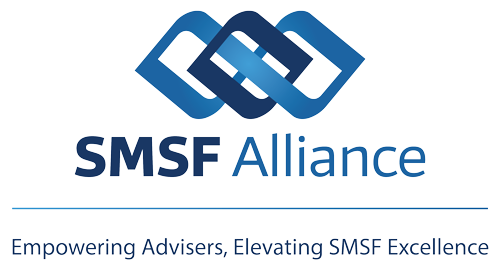Last week I mentioned the NALE amendments that have evolved over years of debate from a draconian proposition to one that is relatively benign.
What the regulators have not been considering, however, is the extremely heavy-handed treatment that the established specific asset NALI provisions impose. Essentially, where a specific asset breaches NALI both its income and future capital gains can be permanently affected, resulting in a 45% tax impost.
Three examples from LCR 2021/2 indicate the unreasonableness of this rule.
Russell’s SMSF purchases $900,000 of listed shares from a related entity for $500,000. He doesn’t take measures to have the difference treated as a non-concessional contribution. All future dividends and eventual net capital gain will be NALI and taxed at 45%. Interestingly, if Russell was trying to limit his CGT on the sale of the shares to his fund he would have failed as the market substitution rules will revalue the transaction, for CGT purposes, to $900,000. In keeping with this principle, the cost base shown by the SMSF, for eventual CGT purposes, would also be $900,000.
Kellie lends her SMSF 100% of the $2m required for the fund to purchase a property, from an unrelated party, using a related party limited recourse borrowing. The interest rate is 1.5% paid annually over 25 years. The property is rented to an unrelated party at commercial rates.
Because the terms of the loan are not allowable under the safe harbour provisions the net rent, and subsequent taxable capital gain on sale of the property, will be NALI and subject to 45% tax. This is a permanent position. Even refinancing the loan through a bank won’t help.
Trang is the trustee of her sole member SMSF. She is also a plumber and runs her own plumbing business as a sole trader. Trang renovates the bathroom and kitchen and doesn’t charge the SMSF. Trang has permanently tainted the asset so it will be treated similarly to Kellie’s.
Clearly the punishment far outweighs the “crime”, but the regulator is reticent to consider changes simply because they don’t believe the provision has ever been applied to this type of scenario. To ensure your client doesn’t become the first instance be sure to stress the importance of dealing at arm’s length and, if related party limited recourse borrowings are involved, to do everything by the book.


